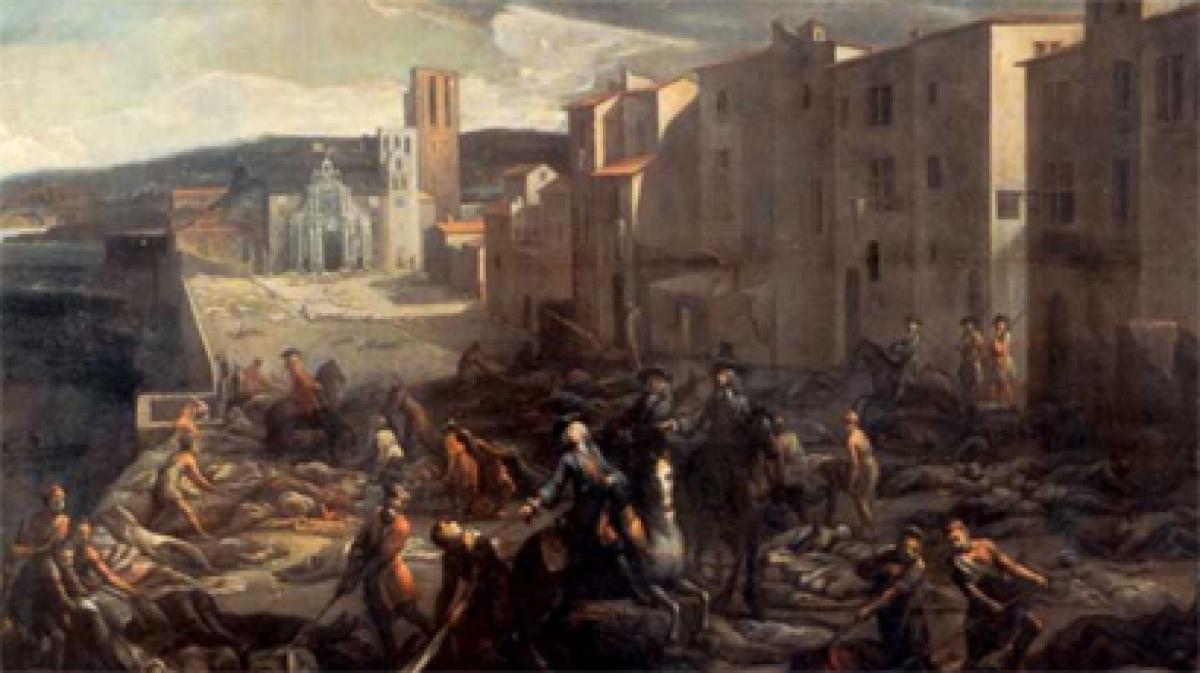Live
- RG Kar financial scam: CBI opposes Sandip Ghosh's plea for liquidation of FD
- Chandrababu Wishes Telugu People a Joyous Diwali with 'Deepam 2.0' Scheme
- Harish Rao Responds to CM Revanth’s Challenge, Ready for Padayatra
- Delhi HC refuses to set free gold smuggling ‘mastermind' detained under COFEPOSA
- When will relief come for consumers, asks Cong after OMCs hike commission for petrol pump dealers
- Paul Scholes warns Man Utd not to rush into Amorim appointment
- 'I went on a U-19 tour...': WV Raman recalls spotting Kohli’s potential during his early days
- Rabada dethrones Bumrah to claim top spot in Test bowlers rankings
- ISL 2024-25: Chennaiyin face Punjab test on the road, look to stretch unbeaten away run
- 'Not opposing internal reservations to SCs,' K’taka Minister offers clarification









